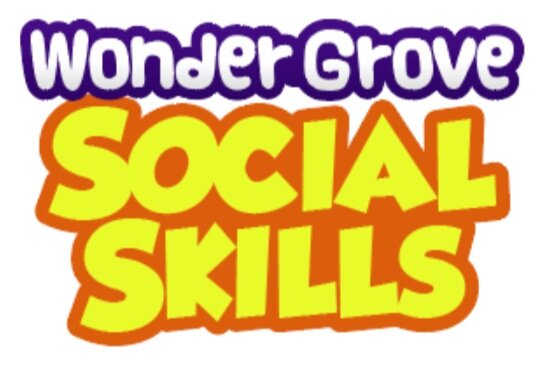3 Ways to Prevent Summer Slide
The “summer slide,” or the predictable decline in reading and social skills while students are not in school over the summer, is a problem that teachers and parents work to avoid every year. So what can be done?
Read every day—Reading magazines, articles, comics, or books daily can help kids retain fluency, decoding, and comprehension levels over the summer. If you need a place to start, check out the printable books and fluency passages under your WonderGrove or Habits of Mind license. The passages can be sent to your former or upcoming students to maintain skills and relationships.
For longer books, you can make reading a family affair—libraries also typically have a summer reading program for children and adults and children will benefit from seeing their guardians read for fun and relaxation. We also have new Habits of Mind Activity Books! The books feature a short story and over a dozen extension activities for students in K-2.
Practice using math skills as part of daily life—Cooking, budgeting, and counting money are great ways to find applicable uses for math every day. Want a little extra though? Try sending your former or future students a few math practice activity pages that are part of our extension lessons each week!
Expand vocabulary—New experiences and exposure to texts on nonfiction topics can help expand kids’ vocabulary over the summer. The summer is a great time to check out free experiences in your area as well—summer concerts, parks, festivals are a great place to start. Zoos, museums, historical places and more are also great ways to expand children’s vocabulary. This can help with background knowledge, writing, fluency, and reading comprehension when they return to school in the fall.
WonderGrove also has over 75 Dolch vocabulary words videos that teach students sight words.
Our animations can help your students and children maintain and learn social skills while preventing the summer slide!
